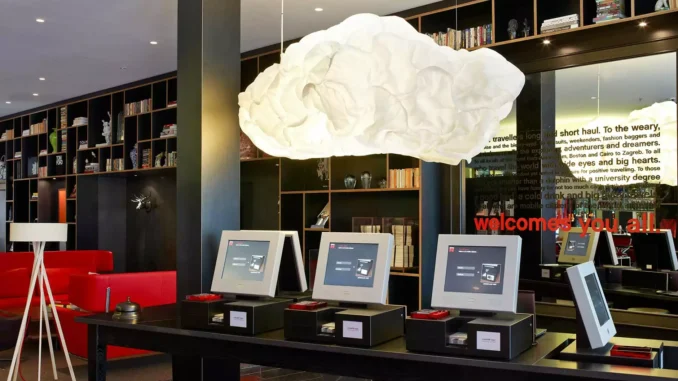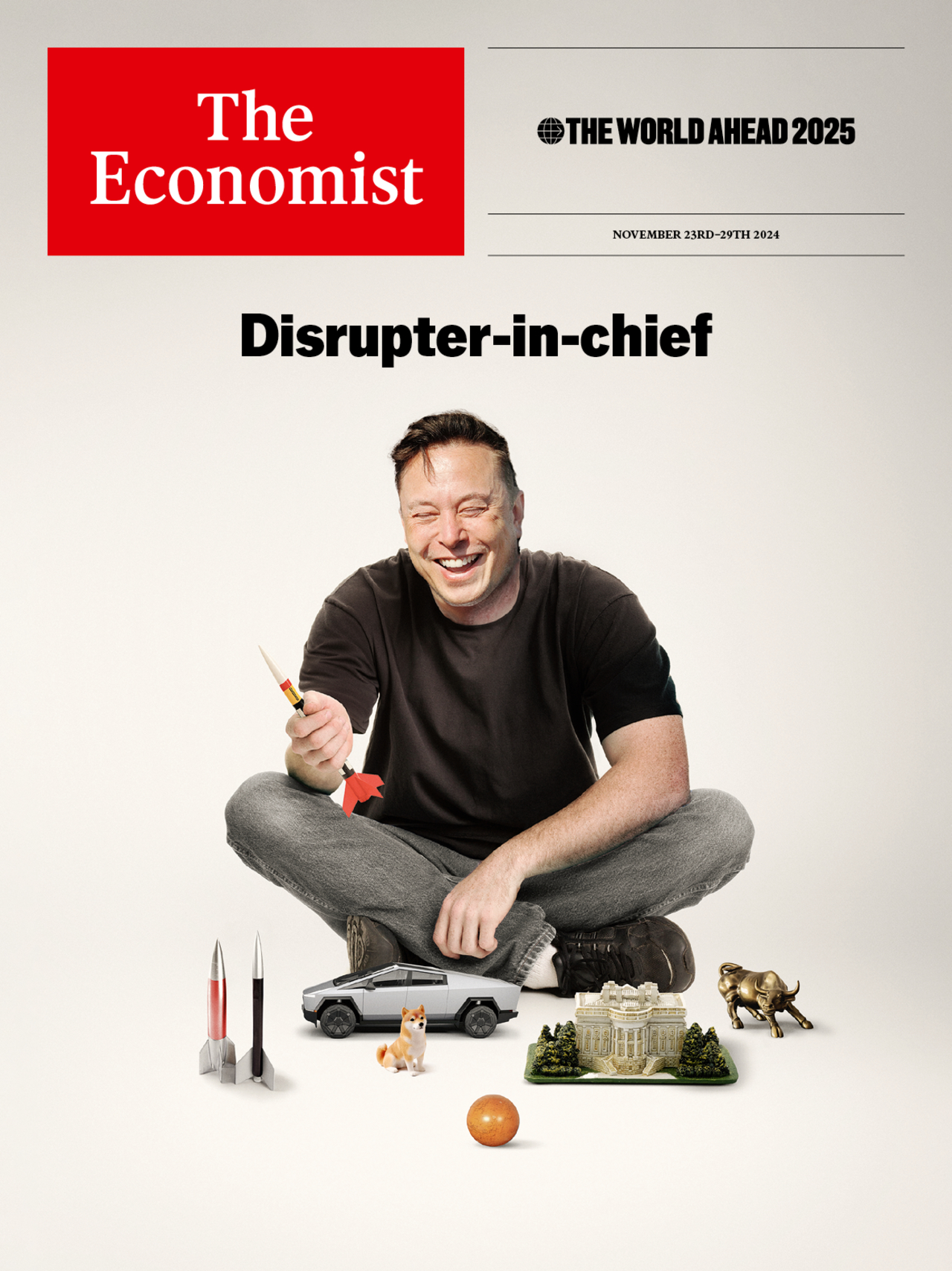The Dark Side of Generative AI: How Tech Giants are Burning Through Reservoirs of Trust
The tech industry is at a crossroads. On one hand, generative AI has the potential to revolutionize the way we live and work. On the other hand, the rush to deploy these products is eroding trust in tech companies and disrupting our access to accurate information, privacy, and security.
We’ve seen it time and time again. Google’s AI overviews have occasionally offered up misinformation in response to searches. Microsoft’s Recall feature was criticized as a “security disaster” before being removed entirely. Zoom’s CEO wants to introduce AI deepfakes into video meetings, raising concerns about the blurring of lines between reality and fiction. And Amazon is flooded with AI-generated knockoffs of books, including an “ersatz version” of “Artificial Intelligence: A Guide for Thinking Humans.”
Meanwhile, Meta is inserting AI-generated comments into Facebook group conversations, sometimes featuring weird claims of AI parenthood. And X, still trying to distance itself from Twitter, has announced a policy allowing “consensually produced and distributed adult pornographic content,” including AI-generated content.
The list goes on. OpenAI’s ChatGPT Store has enabled users to create over 3 million custom versions of the AI tool, raising questions about the trustworthiness of these tools. And the environmental impact of generative AI is staggering, with the computational power required to sustain its rise doubling roughly every 100 days.
So, is generative AI a useful productivity tool or a destroyer of trust in tech companies? The answer lies somewhere in between. While AI has the potential to revolutionize industries, the rush to deploy these products is having unintended consequences.
The Rise of Automated Front Desks and Self-Service Kiosks
In the hospitality sector, the trend towards automation is gaining momentum. According to a recent research study, more than 40% of travelers prefer to check in via a hotel’s website, app, or digital kiosk, and nearly 80% are open to staying at a hotel with a completely automated front desk or self-service kiosk.
Hotels are investing in technology solutions to facilitate seamless remote work, including keyless room entry, in-room smart home devices, and digital ordering. And AI is playing an increasingly important role in the sector, with 36% of respondents admitting they have used AI for travel recommendations.
The Perfect Hotel for Travelers in the US
So, what makes the perfect hotel for travelers in the US? According to the study, it should offer fast Wi-Fi, a smart TV, and online or self-service check-in/check-out. These preferences highlight the critical role of technology in meeting guest expectations and enhancing their overall stay.
As we move forward in this era of generative AI, it’s essential that tech companies prioritize trust, transparency, and accountability. The consequences of getting it wrong are too great to ignore.
 Image: citizenM London
Image: citizenM London



 Photo by
Photo by 












